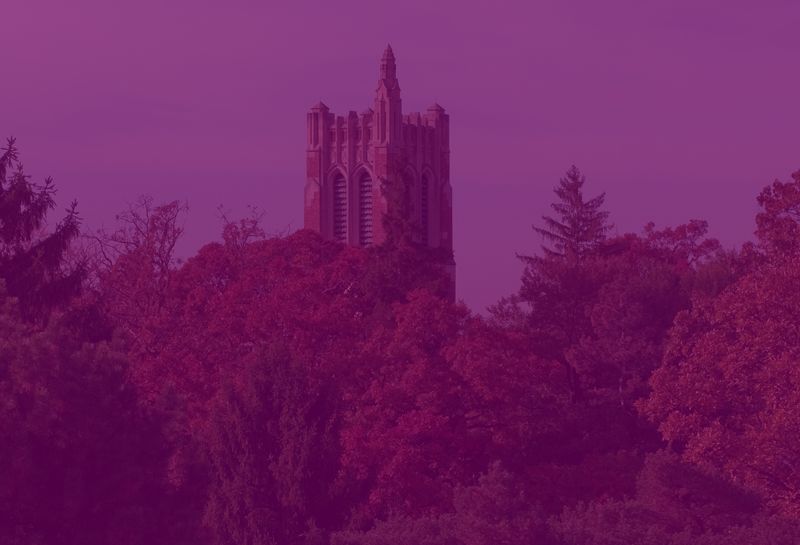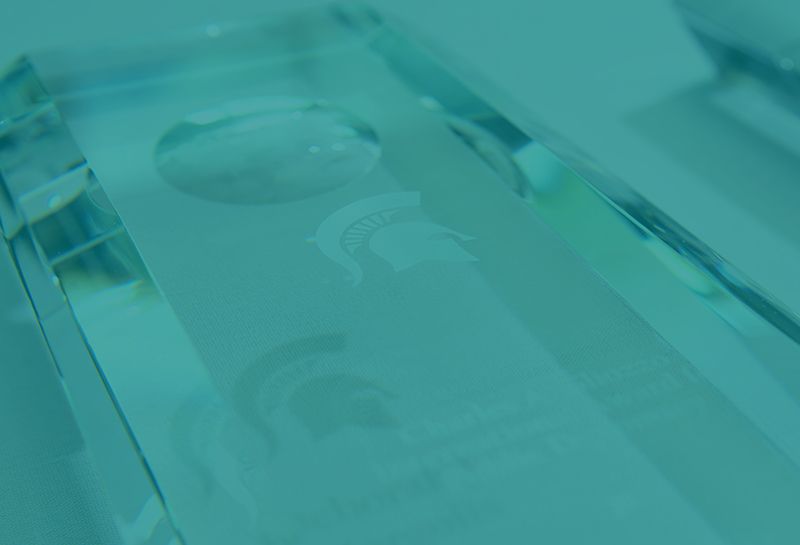Feed-Protect-Care for Sustainable Futures Global Collaborative PhD Platform
International Studies and Programs and the Graduate School at MSU are pleased to announce a call for applications for second-year doctoral students to participate in the second cohort of the Feed-Protect-Care for Sustainable Futures Global Collaborative PhD platform. The coordinating committee will select two PhD students to nominate for this cohort of the global platform.
Students applying should be in their second year of a Ph.D. program at MSU, must be in good academic standing, making suitable progress on their research, and have the approval of their advisor. Their research must be related to the following cohort theme: How food systems can play a crucial role in improving public health outcomes, particularly for the most at-risk populations, and in preventing the rise of chronic diseases globally.
Platform activities
- Annual in-person events for doctoral students and their supervisors, hosted by member universities; if resources allow for it, bi-annual events will be considered. The events will provide joint training and networking on cross-cutting issues at the science-policy-society interface, including for example, introductions to science in multilateral policy fora and global assessments, relationships between science and the private sector, between science and the media, and between science and other knowledge systems, as well as the essentials of data science.
- Additional virtual events as needed and ongoing exchanges via a dedicated virtual research environment.
- Mobility exchanges, to be agreed on a case-by-case basis, between those universities participating in the Platform and with a focus on both South-South and North-South exchanges.
- Networking opportunities, with opportunities for doctoral students to engage with senior representatives of international initiatives operating in the sustainability science arena, including for example, expert panels (such as the Intergovernmental Panel on Climate Change (IPCC), Intergovernmental Science-Policy Platform on Biodiversity and Ecosystem Services (IPBES), High Level Panel of Experts on Food Security and Nutrition (HLPE)/Committee on World Food Security (CFS), One Health High-Level Panel (OHHLEP), Consultative Group on International Agricultural Research (CGIAR), Future Earth and the World Climate Research Program.
- Further opportunities to develop research partnership.
Travel costs for selected students’ participation in at least two in-person events will be covered by the global PhD platform program.
Application Process
Applicants must submit their applications through the online portal.
They must complete their contact information and information about their programs. Additionally, applicants must submit the following documents with their application (upload to the online application form)
- A maximum two-page description of their research demonstrating how it connects to the platform theme for this cohort and how it is multidisciplinary and/or would benefit with engagement with multiple disciplines
- A two-page CV
- A copy of their academic transcript
- A letter of recommendation/approval from their advisor
To be considered, applications must be submitted by March 10, 2025, 11:59 p.m.
Overview of the Platform
The University of Montpellier (UM) in France and the University of Pretoria (UP) in South Africa have joined forces to develop an initiative that will convene and connect the next generation of sustainability scientists from across the world in equitable partnerships and lifelong networks of expertise and influence. The Feed-Protect-Care Global Collaborative PhD Platform has been conceptualized as an innovative and unique response to the imperatives of open science and open education. With its focus on the interconnected societal missions of feeding, caring for and protecting people, places and the planet, the platform will serve to strengthen and secure the capacity of the global scientific community to inform and support critical transformations to sustainable futures at local to global levels.
Launched in 2023, the platform is under the co-leadership of UM and UP and on behalf of an alliance of about 20 founding member universities, which will convene annual cohorts of at least 40 PhD students from all major regions of the world. The ambition is to extend the global reach of the alliance and, by implication, the inclusiveness and diversity of the PhD cohorts and their longer-term partnerships and networks.
Vision
The platform’s vision is one in which social transformations to sustainability are inspired, informed, and supported by a collaborative global community of sustainability scientists who share a common purpose and collaborate as equal partners. Its mission is to build this community at scale and ensure its readiness to produce knowledge that meets the highest standards of scientific rigor and relevance.
Strategic Objectives
- Build a truly global community of future sustainability science leaders through the internationalization of doctoral education and the development of lifelong networks of expertise and influence
- Increase the impact of sustainability science through the promotion and support, at doctoral level, of inter- and trans-disciplinary research approaches and the development of expertise at the science-policy-society interface
- Facilitate longer-term research opportunities, as well as career development prospects, for early career sustainability scientists
- Advance the practices of open science and open education through the development of new and equitable global partnerships
Platform description
The platform will bring together universities from all regions of the world, with each selecting and supporting (through funding participation to annual events, facilitating virtual events and networking, etc.) at least 2 sustainability science doctoral students per year to participate in the Platform. Given that the Platform is not intended to function as a joint doctoral program, the terms and conditions, including timeframes, of selected students’ PhD studies will not be affected by their participation. In other words, they will continue to receive supervision from their home universities and will graduate in accordance with examination processes and timelines determined by those universities. The Platform will support selected PhD students’ participation (travel and accommodation) in Platform activities.
Feed-Protect-Care Focus
Effective and equitable international scientific exchange, benefit sharing, and collaboration are essential for generating the global solutions required to address global challenges. In an increasingly multi-polar world, characterized by the resurgence of nationalism – including scientific nationalism – strengthening such collaboration is a priority.
Global sustainability challenges – as exemplified by the 2030 Agenda for Sustainable Development, as well as regional frameworks such as Africa’s 2063 Agenda and the European Green Deal – and the related imperatives of urgent social transformations are of central concern to both UM and UP and the platform members. The Global Collaborative PhD Platform’s focus on Feed-Care-Protect addresses the key interconnected challenges of sustainable development.
In addition, and depending on successful fundraising, the Platform will award an annual Innovation and Impact Potential Prize; the terms and conditions of this award, as well as the selection process, will be defined and overseen by the Platform’s International Steering Committee.
Once graduated, those doctoral students who have participated in the Platform and joined at least two annual in-person events will become members of a Feed-Protect-Care Alumni Network. Looking at shaping future academic communities, the exact purpose, nature, and scope of activities of the Alumni Network will be determined during the first year of the Platform’s operations and on the basis of brainstorming with the first cohort of participating doctoral students.
The first cohort of doctoral students focused on Sustainable Food Systems (SFS). Students participated in two in-person trainings in Montpellier, France and Piracicaba, Brazil. A third training is planned in South Africa in 2025.
MSU Coordination
- International Studies and Programs
- The Graduate School
- Alliance for African Partnership



